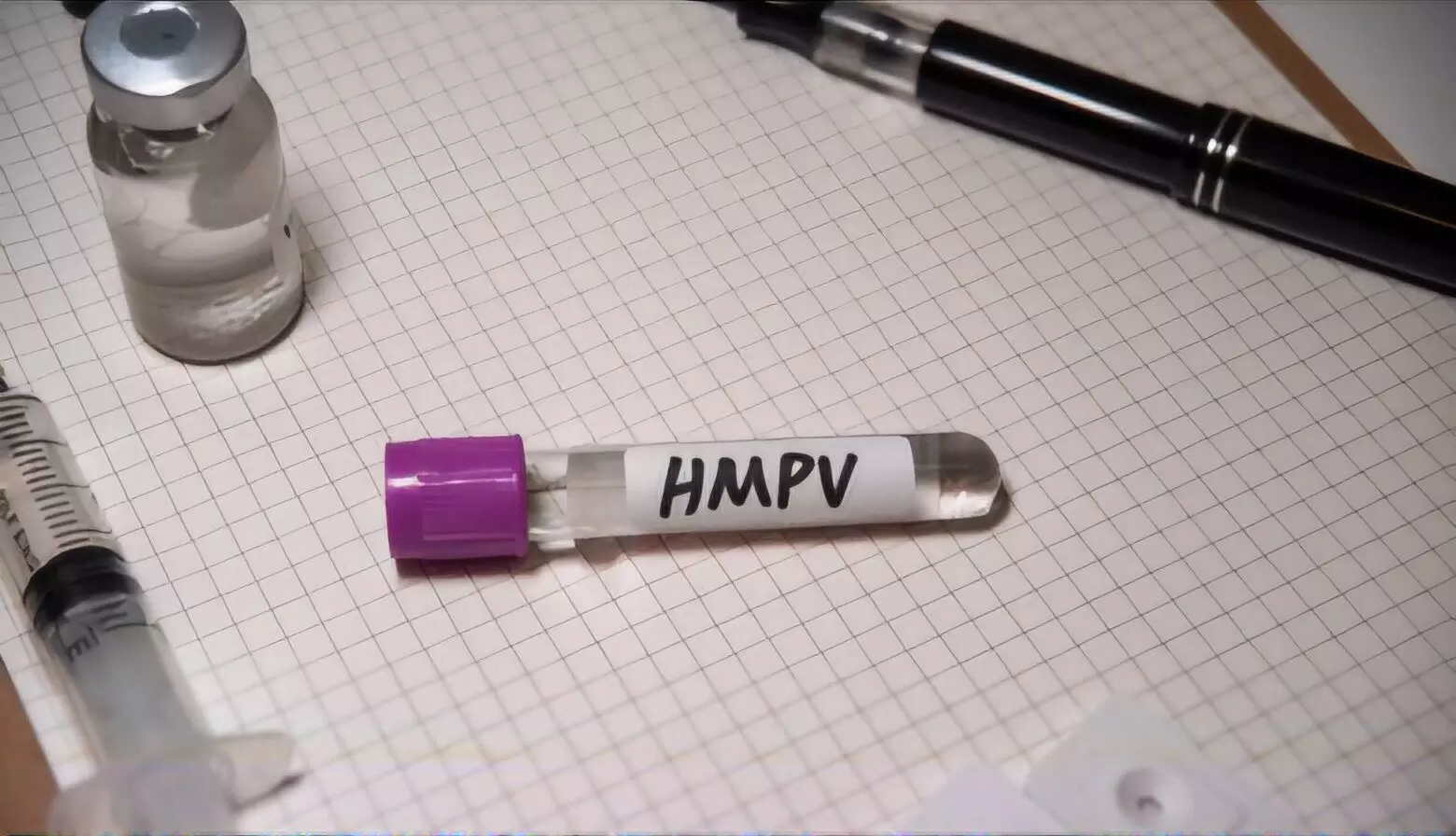Two HMPV cases confirmed in Karnataka
Several states have issued an advisory to ensure preparedness for potential health challenges related to the HMPV
By Newsmeter Network
Representational Image.
Bengaluru: The Indian Council of Medical Research has detected two cases of Human Metapneumovirus (HMPV) in Karnataka through routine surveillance for multiple respiratory viral pathogens, the Union health ministry said on Monday.
A three-month-old female infant with a history of bronchopneumonia was diagnosed with HMPV after being admitted to Baptist Hospital in Bengaluru. She has already been discharged, the ministry said.
An eight-month-old male infant with a history of bronchopneumonia tested positive for HMPV on January 3 after being admitted to Baptist Hospital. He is now recovering, it said. It is important to note that neither of the patients have any history of international travel, the ministry underlined.
It emphasised that HMPV is already in circulation globally, including in India, and cases of respiratory illnesses associated with it have been reported in various countries.
Furthermore, based on the current data from Indian Council of Medical Research (ICMR) and Integrated Disease Surveillance Programme (IDSP) network, there has been no unusual surge in influenza-like illness (ILI) or Severe Acute Respiratory Illness (SARI) cases in the country, it added.The ministry said it is monitoring the situation through all available surveillance channels. The ICMR will continue to track trends in HMPV circulation throughout the year.
The World Health Organisation (WHO) is already providing timely updates regarding the situation in China to further inform the ongoing measures. The recent preparedness drill conducted across the country has shown that India is well-equipped to handle any potential increase in respiratory illnesses and public health interventions can be deployed promptly if needed, the ministry stated.
Several States issued advisory
Several states have issued an advisory to ensure preparedness for potential health challenges related to the Human MetaPneumoVirus (HMPV) and other respiratory viruses. Hospitals have been instructed to promptly report Influenza-like Illness (ILI) and Severe Acute Respiratory Infection (SARI) cases through the IHIP Portal.
Strict isolation protocols and the use of universal precautions for suspected cases have been made mandatory. Hospitals are required to maintain proper documentation of SARI cases and lab-confirmed influenza cases to ensure accurate monitoring.
They were directed to ensure the availability of paracetamol, antihistamines, bronchodilators, and cough syrups for treating mild cases, along with oxygen.
The recommendations come in the wake of reports of increased respiratory illnesses in China.
What is the self-limiting aspect of the metapneumovirus virus?
HMPV is not a new virus. It is an old and existing virus, found in every country, said doctors. In a common person’s parlance, it is common cold. Self-limiting means the virus would cause a cold and cough and will die on its own in the human body. In rare cases, it leads to upper respiratory tract infections.
As a part of precautionary measure, the Health Department urges citizens to follow certain Do’s & Don’ts as a safe guard against respiratory infections.
How is HMPV virus tested?
Dr Ramana Prasad, Senior Pulmonologist at KIMS hospital explains the method through which HMPV is tested. "Respiratory viral pannel multiplex nucleic acid test easily detects the HMPV from nose or throat swab from person. Like as we do RTPCR to detect influenza , respiratory syncytial virus and Covid virus. The other tests done to detect HMPV are based on immunochrimatography antigen antibody complex detection. Result can be seen in 15-20 minutes.
DOs:
1. Cover your mouth and nose with handkerchief or tissue paper, when you cough or sneeze.
2. Wash your hands often with soap and water or alcohol-based sanitizer.
3. Avoid crowded places; stay at more than an arm’s length from persons affected with flu. Stay away from public places if you have fever, cough and sneezing.
5. Drink plenty of water and eat nutritious food.
6. Adequate ventilation with outdoor air is recommended in all settings to reduce the transmission.
7. Stay at home and limit contact with others if you are sick, sleep well.
Don'ts:
1. Shaking hands.
2. Reuse of tissue paper & handkerchief.
3. Close contact with sick people.
4. Frequent touching of eyes, nose & mouth
pitting in public places.
5. Taking medicines (self-medication) without consulting the physician.
China plays down reports of huge flu outbreak; says country safe for travel:
China played down reports of a massive outbreak of flu in the country overwhelming hospitals, saying that cases of the respiratory diseases which occur during the winter were less severe this year compared to last year.
The Foreign Ministry said it is safe for foreigners to travel to China.
“Respiratory infections tend to peak during the winter season in the northern hemisphere," Chinese Foreign Ministry spokesperson Mao Ning told the media here in response to a question on the spread of influenza A and other respiratory diseases in China.